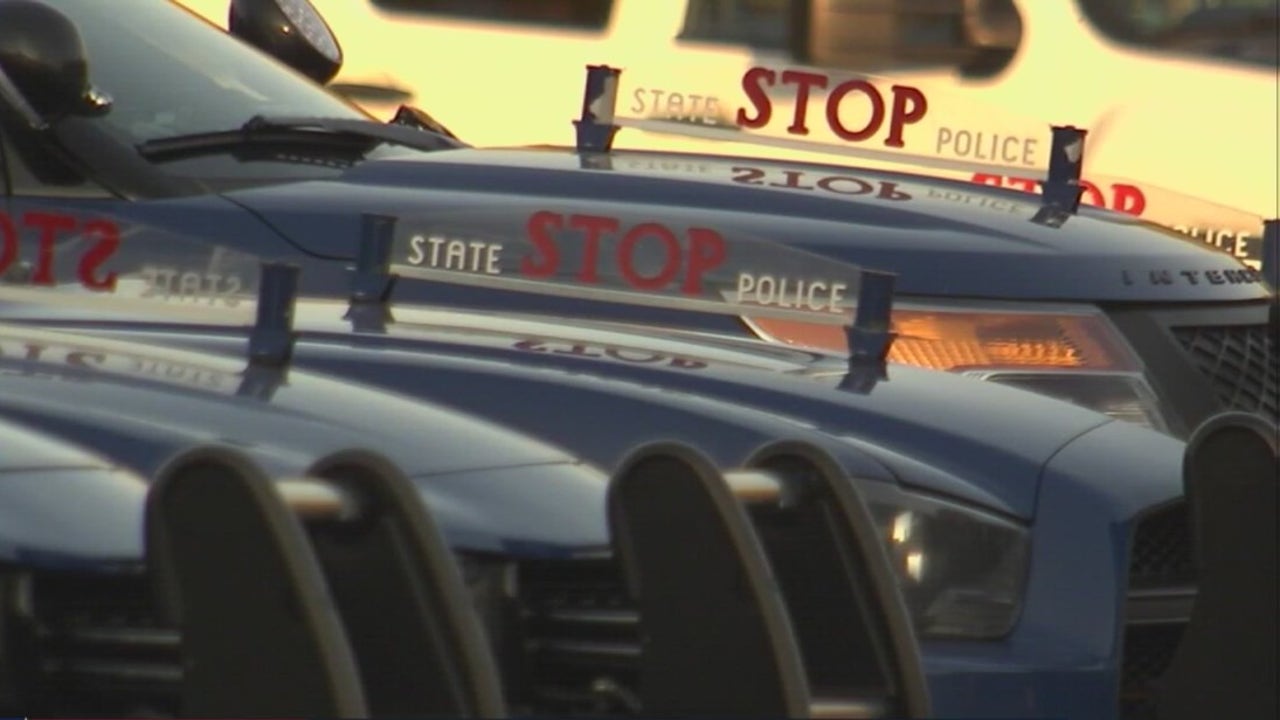- If a new bill is approved in Lansing, Michigan drivers might undergo drug testing while on the road.
- Previous officials state that it adds another method to the collection of tools used to ensure public safety. However, they acknowledge there are numerous issues to consider.
DETROIT (FOX 2) – Drivers in Michigan could face new traffic stops under a proposed law in Lansing, which would permit officers to conduct drug tests using a mouth swab.
Big picture view
Former Detroit Police Assistant Chief Steve Dolunt states, on one side, it adds another method to the available options for ensuring public safety. However, he acknowledges there are numerous issues to consider.
“There will be issues because who are you? Are you qualified to swab me, and will the DNA end up being disclosed? There will be numerous legal consequences,” Dolunt stated.
According to the law, a mouth swab for saliva could quickly inform an officer within minutes whether you have drugs in your body.
Drivers who spoke with FOX 2 had varied responses.
I truly believe you shouldn’t operate a vehicle while under the influence,” stated Mika Smith. “If you’re using drugs and test positive for them, I’m saying you definitely shouldn’t be driving while on drugs.
What they’re saying
State Representative Brian Begole backs the potential new law, stating in a declaration:
This ability to test is non-invasive, straightforward, and dependable. It will assist law enforcement when they have reasonable suspicion to perform a stop and while they are working to ensure public safety.
But some people claim that Big Brother is becoming excessively large.
“A not-so-long-ago time when an employer would request a urine test, and it’s a significant breach of privacy, and this is just another step down the same path from a different angle,” a man said to FOX 2.
Dig deeper
Kyle Zawacki oversees legislative matters for the ACLU of Michigan. He claims the scientific basis of the testing is not sufficiently reliable.
Approximately 11% of all roadside tests resulted in either a false positive or false negative,” stated Zawacki. “When looking specifically at the positive results, nearly one out of every four was wrong, around 24%. When examining the positive rate for individual substances, cocaine had over 30%, benzodiazepines reached 60%, and more than 64% showed a false positive rate.







